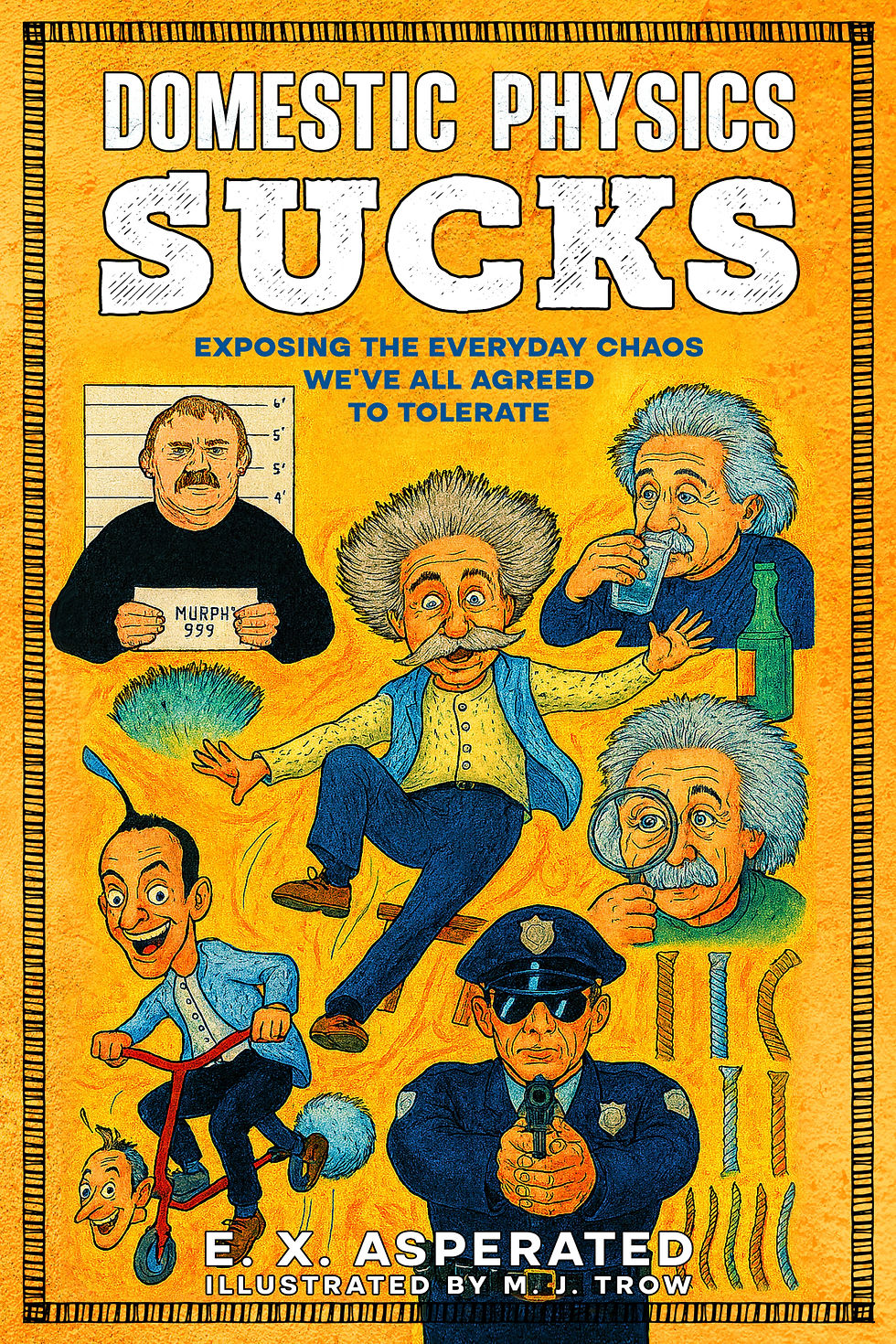New Release: The Art of War: Volume 4 - The Americans
- blkdogpublishing

- Apr 9, 2020
- 3 min read
'THE ART OF WAR: VOLUME 4' IS A COLLECTION OF 135 AMERICAN WORLD WAR TWO PROPAGANDA POSTERS. INCLUDES A FOREWORD BY HISTORIAN M. J. TROW. Propaganda during the Second World War was an unavoidable aspect of daily life. It must be a situation that is hard to relate to for those of us in the West born too late or too young to remember the war or the decades afterwards. The idea that you must always be alert to the ominous drone of the air-raid sirens as you went about your business, or that your home could be destroyed in an aerial bombardment at any moment is very hard to comprehend. But those who lived through the war knew it was perfectly possible that the Wehrmacht could soon be marching through the streets, with all the chaos, fear, death and destruction that that would imply. Against this backdrop we can understand why propaganda was so vital to all sides of the conflict. For those interested in the psychology of the past, propaganda posters are a great glimpse into the (understandable) paranoia, hysteria and concerns of those who created them, and the message they thought it was necessary to promote to everyone else. All of these posters served some sort of purpose, and modern cynicism means it is often hard not to scoff at some of them, because to us they are now often unintentionally humorous or offensive. Those in government at the time knew that war had evolved. The Great War had changed much, and this latest conflict with Germany would create a huge strain, both in terms of morale and in the nation’s resources, and it was vital to have and maintain full support for the war at home. While propaganda was nothing new, it came into its own during the Second World War. British posters were, in the main, created by the controversial Ministry of Information, a government department that was dissolved soon after the war and probably one of George Orwell’s inspirations for ‘Big Brother’. Many contemporary members of parliament were very disturbed by the agenda of this department and protested that there was a very real danger that Britain could ironically sleep-walk into becoming the fascist, brain-washed state with which they were at war. The messages behind most of these posters is overt and obvious. The well-known, but never actually distributed, ‘Keep Calm and Carry On’ posters are still recognisable to us today, over 70 years later. Other messages may verge on the bizarre to those who never knew the horrors of the conflict first-hand. One poster shows a soldier and his partner on a sofa with the message ‘Keep mum (stay silent), she might not be so dumb’, implying that his girlfriend may, at best, be a loudmouth who will report his military operations to everyone in town and, at worst, be a Gestapo agent who had been planted into his home. This isn't to mock the sentiment, but simply to point out how difficult it is for a modern mind to understand.
Other posters urging mothers to evacuate their children away from towns as refugees to find safety in the countryside, or even abroad to the security of Canada or other parts of the empire are quite shocking. Still more so are those which implied that people taking a day off work due to sickness could be shirking, or that those who lost a tool at work were aiding Hitler, are quite unsettling even now. American propaganda was often racist, showing rat-like Japanese. One dramatic poster, featuring two creepy children in their gas masks and proclaiming ‘Dear God, keep them safe!’ is still striking. On the Axis side, they were oddly obsessed with reminding Allied soldiers, particularly Americans, that their women were back at home, probably sleeping with someone else and that ‘the negroes’ were now running the country.
------------------------
Purchase 'The Art of War: Volume 4 - The Americans'
Paperback - Barnes & Noble
Paperback - Amazon (UK)
Paperback - Amazon (US)
eBook - Amazon (UK)
eBook - Amazon (US)









Comments